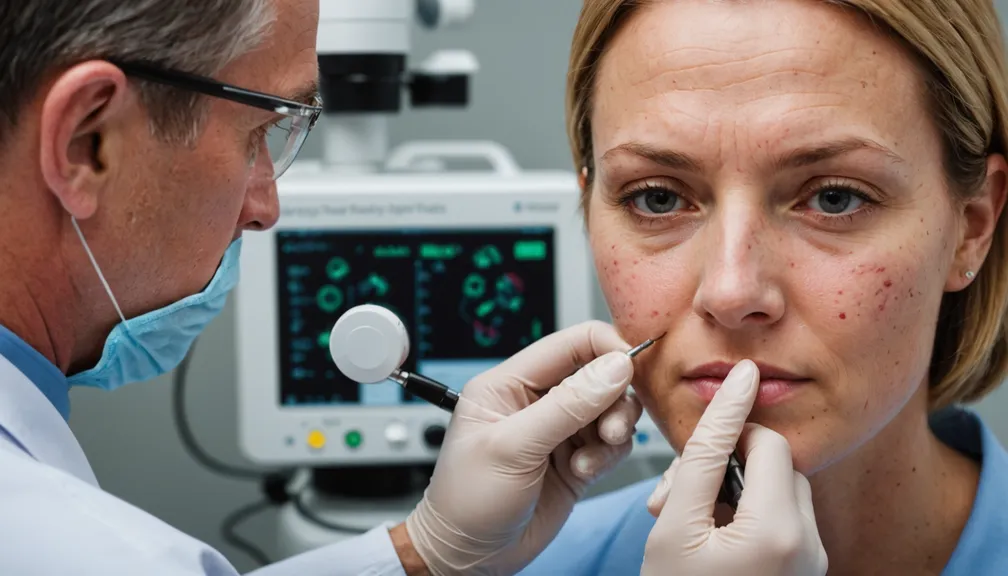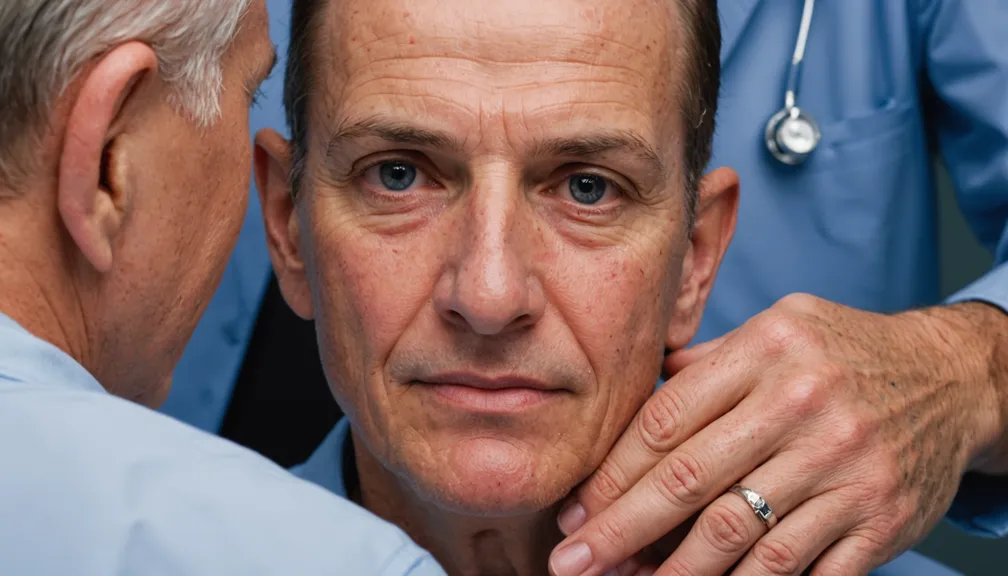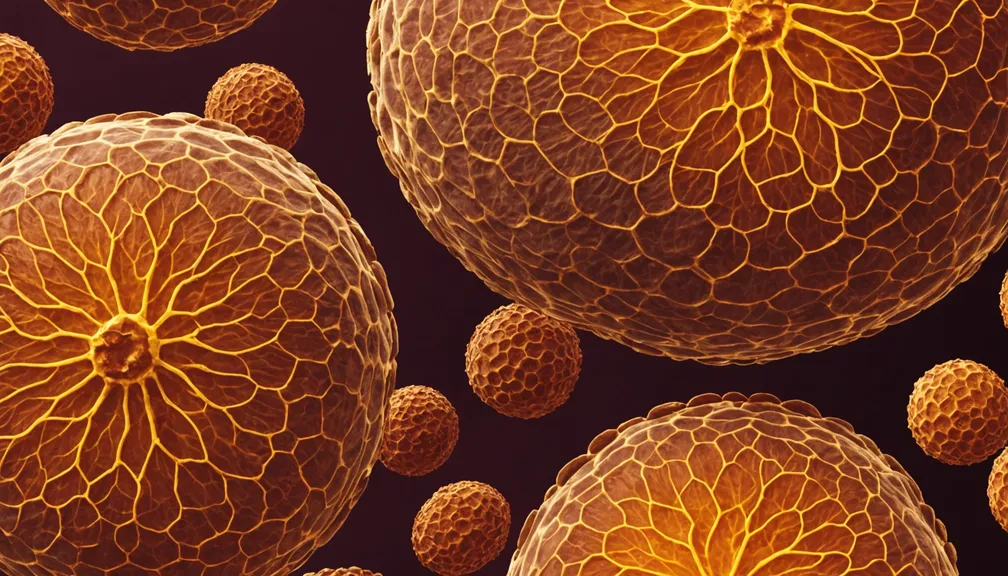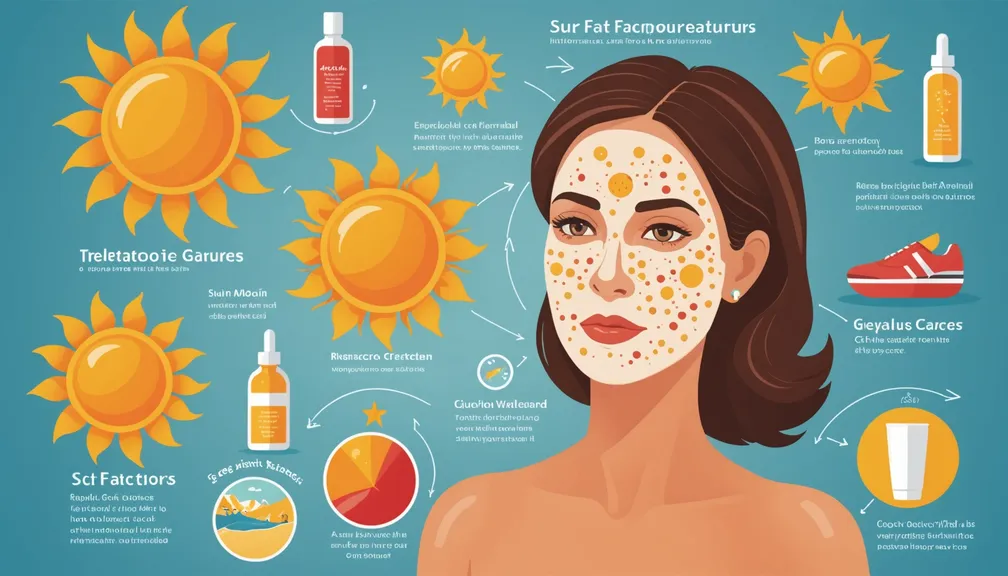Risk Factors: Sun Exposure, Genetics, and More
Understanding the risk factors for rare skin cancers is essential for early detection and effective treatment. This lesson explores the various elements that can increase the likelihood of developing these uncommon skin malignancies.
1. Sun Exposure
Sunlight and UV Radiation
-
Ultraviolet (UV) Rays: Prolonged exposure to UV rays from the sun or tanning beds is a significant risk factor. UV radiation can damage the DNA in skin cells, leading to mutations that may cause cancer.
-
Types of UV Rays:
- UVA Rays: Penetrate deep into the skin, contributing to aging and long-term skin damage.
- UVB Rays: Affect the surface layers of the skin, responsible for sunburn and directly linked to skin cancer.
Protective Measures
-
Sunscreen: Use broad-spectrum sunscreen with an SPF of 30 or higher. Apply generously and reapply every two hours, or more often if swimming or sweating.
-
Protective Clothing: Wear long-sleeved shirts, pants, and wide-brimmed hats to shield your skin from direct sunlight.
-
Seek Shade: Especially during peak sun hours between 10 a.m. and 4 p.m., when UV radiation is strongest.
-
Avoid Tanning Beds: These artificial sources of UV radiation increase the risk of skin cancer.
2. Genetics
Inherited Factors
-
Family History: A family history of skin cancer can increase your risk. If close relatives have had rare skin cancers, you may be more susceptible.
-
Genetic Mutations: Certain inherited genetic mutations can make your skin cells more prone to becoming cancerous. For example, mutations in the APC or PTCH1 genes are associated with higher risks.
Genetic Counseling
-
Assessment: If you have a family history of rare skin cancers, consulting a genetic counselor can help assess your risk.
-
Testing: Genetic tests can identify specific mutations, allowing for personalized monitoring and preventive strategies.
3. Other Risk Factors
Immune System Suppression
- Weakened Immune System: Individuals with compromised immune systems, such as those undergoing organ transplants or living with HIV/AIDS, have a higher risk of developing rare skin cancers like Merkel cell carcinoma.
Exposure to Chemicals and Radiation
-
Occupational Hazards: Jobs involving exposure to certain chemicals (e.g., arsenic) or radiation can increase skin cancer risk.
-
Medical Treatments: Previous radiation therapy for other cancers may elevate the chance of developing secondary skin cancers.
Age and Gender
-
Age: The risk of most skin cancers increases with age due to cumulative sun exposure and the natural aging process of the skin.
-
Gender: Some rare skin cancers are more common in specific genders, depending on occupational and lifestyle factors.
Previous Skin Conditions or Cancers
-
History of Skin Cancer: Having had another type of skin cancer increases the likelihood of developing additional skin malignancies.
-
Chronic Skin Conditions: Long-standing skin conditions that cause inflammation or damage may elevate cancer risk.
4. Recognizing Increased Risk
Who Should Be More Vigilant
-
Fair Skin Individuals: Those with lighter skin, freckles, or light hair are more susceptible to UV damage.
-
Individuals with Multiple Moles: A higher number of moles or atypical moles can increase skin cancer risk.
-
Personal or Family History: As mentioned, a history of skin cancer in yourself or family members heightens risk.
Lifestyle Factors
-
Outdoor Activities: People who spend significant time outdoors, especially without protection, are at higher risk.
-
Travel to Sunny Regions: Frequent visits to areas with intense sunlight can contribute to cumulative UV exposure.
5. Regular Check-ups and Early Detection
Importance of Monitoring
-
Self-Examinations: Regularly check your skin for new growths, changes in existing moles, or unusual spots. Early detection often leads to better treatment outcomes.
-
Professional Screenings: Schedule regular skin exams with a dermatologist, especially if you have risk factors.
What to Look For
-
Asymmetrical Shapes: Irregular borders or asymmetrical shapes in moles or spots can be warning signs.
-
Color Variations: Multiple colors or uneven pigmentation may indicate malignancy.
-
Size Changes: Growth in size over time is a concerning factor.
-
Sores That Do Not Heal: Persistent sores or scabs that do not heal properly require medical attention.
6. Types of Health Professionals to Consult
Dermatologists
- Role: Specialists in skin health, dermatologists diagnose and treat skin cancers. They perform skin exams, biopsies, and provide treatment plans.
Oncologists
- Role: Medical oncologists specialize in cancer treatment, including chemotherapy and targeted therapies for rare skin cancers.
Genetic Counselors
- Role: They assess genetic risk factors, provide genetic testing, and offer guidance on managing inherited risks.
Surgeons
- Role: Surgical oncologists or dermatologic surgeons perform the removal of cancerous tissues through various surgical techniques.
Radiation Therapists
- Role: For certain skin cancers, radiation therapy may be recommended. Radiation therapists administer and manage this treatment.
Support Specialists
-
Nurses: Provide care coordination, patient education, and support throughout treatment.
-
Psychologists or Counselors: Offer emotional support to patients and their families coping with the diagnosis and treatment.
Primary Care Physicians
- Role: They play a crucial role in initial detection, referrals to specialists, and overall health management.
Understanding these risk factors empowers you to take proactive steps in preventing and detecting rare skin cancers early. Regular consultations with healthcare professionals and adopting protective measures can significantly reduce your risk and enhance your skin health.






